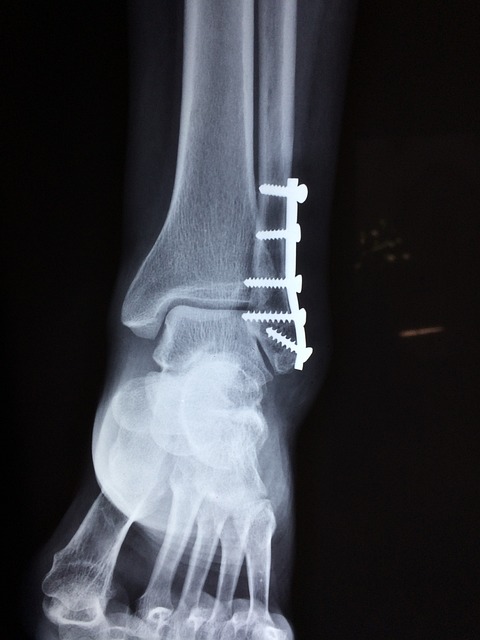Knee Surgery: Exploring Stem Cell Therapy for Seniors
Knee surgery is a common procedure that many seniors face as they age, often due to conditions like osteoarthritis or injuries. While traditional surgical interventions have long been the standard, innovative approaches like stem cell therapy are gaining attention in the medical community. This article delves into the potential of stem cell therapy for knee issues in seniors, exploring its benefits, limitations, and what patients should know before considering this treatment option.

How does stem cell therapy compare to traditional knee surgery?
Traditional knee surgery often involves more invasive procedures such as partial or total knee replacements. While these surgeries can be effective, they also come with longer recovery times and potential complications. Stem cell therapy, on the other hand, is minimally invasive and typically performed as an outpatient procedure. This can be particularly appealing for seniors who may have concerns about extended hospital stays or lengthy rehabilitation periods.
What are the potential benefits of stem cell therapy for seniors?
For seniors considering knee treatments, stem cell therapy offers several potential advantages. First, it may provide pain relief and improved function without the need for major surgery. This can be especially beneficial for older adults who may not be ideal candidates for more invasive procedures due to age or health conditions. Additionally, stem cell therapy may offer a quicker recovery time compared to traditional surgeries, allowing seniors to return to their daily activities sooner.
Are there any risks or limitations to stem cell therapy for knees?
While stem cell therapy shows promise, it’s important to note that it is still considered an experimental treatment for knee issues. The long-term effectiveness and potential risks are still being studied. Some patients may experience temporary pain or swelling at the injection site. Additionally, the results can vary from person to person, and multiple treatments may be necessary to achieve desired outcomes. Seniors should also be aware that stem cell therapy is not typically covered by insurance, which can make it a costly out-of-pocket expense.
How do medical professionals determine if a senior is a good candidate?
Determining whether a senior is a suitable candidate for stem cell therapy involves a comprehensive medical evaluation. Factors that medical professionals consider include the severity of knee damage, overall health status, and the patient’s medical history. Imaging studies such as MRIs may be used to assess the extent of knee degeneration. Additionally, doctors will consider the patient’s goals and expectations for treatment outcomes. It’s crucial for seniors to have an open and thorough discussion with their healthcare provider to determine if stem cell therapy is an appropriate option for their specific situation.
What is the typical cost and availability of stem cell knee therapy?
Stem cell therapy for knee issues is becoming more widely available, but it’s important to note that costs can vary significantly depending on the provider and location. Here’s a general overview of pricing and availability:
| Provider Type | Estimated Cost Range | Availability |
|---|---|---|
| Specialized Clinics | $3,000 - $8,000 per injection | More common in urban areas |
| Research Hospitals | $5,000 - $10,000 per treatment | Limited to clinical trials |
| Orthopedic Centers | $4,000 - $7,000 per session | Increasing availability nationwide |
Prices, rates, or cost estimates mentioned in this article are based on the latest available information but may change over time. Independent research is advised before making financial decisions.
It’s important to note that most insurance plans do not cover stem cell therapy for knee issues, as it is still considered experimental. Patients typically need to pay out-of-pocket for these treatments. Some clinics may offer financing options or package deals for multiple treatments. Seniors interested in this therapy should carefully research providers, ask about all associated costs, and consider seeking second opinions before committing to treatment.
In conclusion, stem cell therapy represents an exciting frontier in knee treatment options for seniors. While it offers potential benefits such as reduced pain and improved function with minimal invasiveness, it’s crucial to approach this therapy with realistic expectations. Seniors should work closely with their healthcare providers to determine if stem cell therapy is an appropriate option for their specific knee issues, considering factors such as overall health, treatment goals, and financial considerations. As research in this field continues to evolve, stem cell therapy may become an increasingly viable alternative to traditional knee surgeries for many seniors seeking relief from chronic knee problems.
This article is for informational purposes only and should not be considered medical advice. Please consult a qualified healthcare professional for personalized guidance and treatment.




